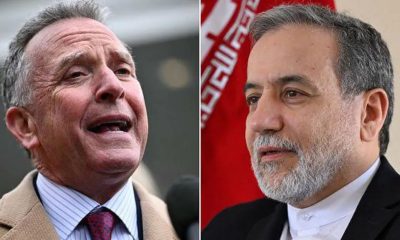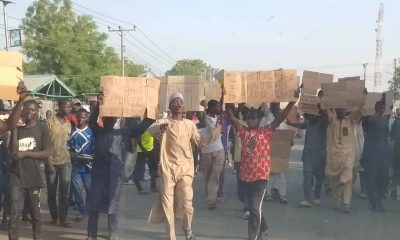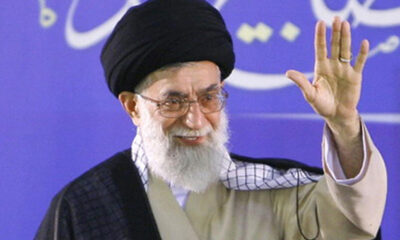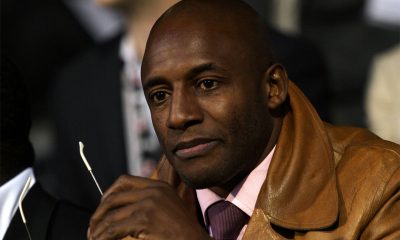International
Iran announces arrests over schoolgirl poisonings
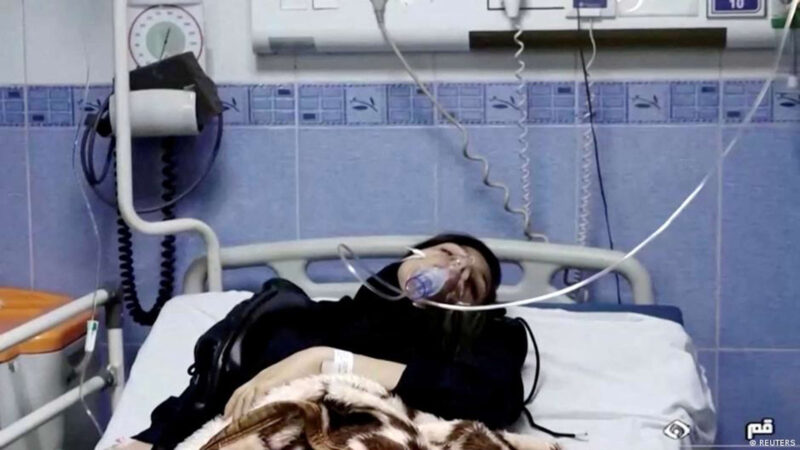
Leaders in Iran announced several arrests amid an ongoing wave of school poisonings. Tehran’s Interior Ministry has accused some of those arrested of having ties to “foreign-based dissident media.”
Interior Minister Majid Mirahmadi told state media that Iranian intelligence agencies had made the arrests and would be “conducting a full investigation.”
The poisonings, which started in late November, have affected more than 5,000 students at some 230 schools across 25 of the country’s 31 provinces.
The Interior Ministry accused some of those arrested of having ties to “foreign-based dissident media” as well as having participated in ongoing nationwide protests — which the government describes as riots — over the death of 22-year-old Mahsa Amini in police custody after being arrested for failing to correctly cover her hair in public.
“Three members of a team of four people arrested have a history of being involved in recent riots and their connection to foreign-based dissident media has been ascertained,” read the Interior Ministry statement.
READ ALSO:
- Businesses reject old notes, await CBN, FG’s confirmation
- Serving Minister cannot be listed in private legal team – Keyamo explains exclusion from Tinubu’s
- Court summons Wike, PDP, INEC over Rivers gov poll
- Police ban voters from taking dogs to polling units
The Interior Ministry also claimed that one of those arrested used their own child to deliver irritants to their school before sharing footage of the aftermath with “hostile media.”
Some politicians have nevertheless suggested the poisonings may have been carried out by religious groups opposed to educating girls.
What is known about the substance used in the poisonings?
International
Titanic: Found ladies watch for auction at £50,000

Titanic: Found ladies watch for auction at £50,000
A lady’s pocket watch discovered among the belongings of one of the passengers who drowned on the Titanic’s doomed maiden voyage could fetch up to 50,000 euros (66,000 dollars) at auction.
Hans Christensen Givard, a 27-year-old Danish second-class passenger, was one of 1,500 people killed when the ship collided with an iceberg in 1912.
Givard was heading to the United States with two other companions who died in the catastrophe.
The watch was discovered when Givard’s body was recovered from the North Atlantic, and he was buried in Halifax, Canada.
The pockets contained a savings book, keys, some cash in a wallet, a silver watch, a compass, and a passport.
The gold ladies’ pocket watch, which showed signs of saltwater corrosion, was also retrieved.
All of his goods were restored to his brother in Denmark, and his relatives are now selling the watch.
READ ALSO:
- Gunmen rape woman to death, husband brutally attacked in Nasarawa
- EFCC arraigns Chinese Lao Liu for false information
- FG promises to clear N4tn debt owed GenCos
The tragic incident of Givard led curator Jesper Hjermind and his niece, journalist and U.S. resident Mette Hjermind McCall, to publish the book Titanic, De Danske Fortaellinger (Titanic, The Danish Stories), which mentions the pocket watch.
Claes Goran Wetterholm, the world’s greatest specialist on the Scandinavian aspect of the Titanic tale, also showed it in Copenhagen in 2012.
The watch will be auctioned on April 26 by Henry Aldridge and Son in Devizes, Wiltshire.
Auctioneer Andrew Aldridge said, “This piece is documented in the official list of Hans’s effects compiled by the authorities in Halifax, Nova Scotia, in the weeks after the Titanic disaster and has remained in his family ever since.
“It was one of the centrepieces of the display of Titanic memorabilia in the Tivoli in Copenhagen in 2012, which illustrates its importance.
“The watch’s movement is frozen in time at the moment the cold North Atlantic waters consumed not only its owner but the most famous ocean liner of all time, Titanic, on April 15, 1912,” he added.
Titanic: Found ladies watch for auction at £50,000
International
US judge stops Trump move to revoke 500,000 immigrants’ legal status

US judge stops Trump move to revoke 500,000 immigrants’ legal status
A federal judge on Monday blocked US President Donald Trump’s administration from quickly revoking the legal status of hundreds of thousands of immigrants from Venezuela, Cuba, Nicaragua and Haiti.
The ruling by District Judge Indira Talwani in Boston is the latest order against Trump’s rapid push to carry out mass deportations, particularly targeting Latin Americans.
In March, the administration said it was moving to revoke the legal status of some 532,000 Cubans, Haitians, Nicaraguans and Venezuelans who came to the United States under a “parole” program initially launched by former president Joe Biden in October 2022.
“The court grants emergency relief staying the Termination of Parole Processes for Cubans, Haitians, Nicaraguans, and Venezuelans,” Talwani wrote in her order.
READ ALSO:
- Alleged N33.8bn fraud: Court adjourns trial of ex-Power Minister
- Obi: Benue govt blocked my humanitarian visit to state
- GenCos threaten to shut down power over N4tn debt
The parole program allowed entry to the United States for two years for up to 30,000 migrants per month from the four countries, which have grim human rights records.
In her order, Talwani said the Trump administration had acted on a flawed interpretation of immigration law, with expedited removal applicable to non-citizens entering the United States illegally, but not those authorized to be in the country, such as through the parole program.
Under Trump’s revocation, the immigrants would have lost their legal protection effective April 24, just 30 days after the Department of Homeland Security published its order in the Federal Register.
Trump has vowed to deport “millions” of undocumented migrants in his second term, after running an election campaign that focused on illegal immigration.
Among other measures, he has invoked rare wartime legislation to fly hundreds of alleged members of a Venezuelan gang to El Salvador, which is imprisoning the migrants.
US judge stops Trump move to revoke 500,000 immigrants’ legal status
AFP
International
5 things to do after overstaying your US visa
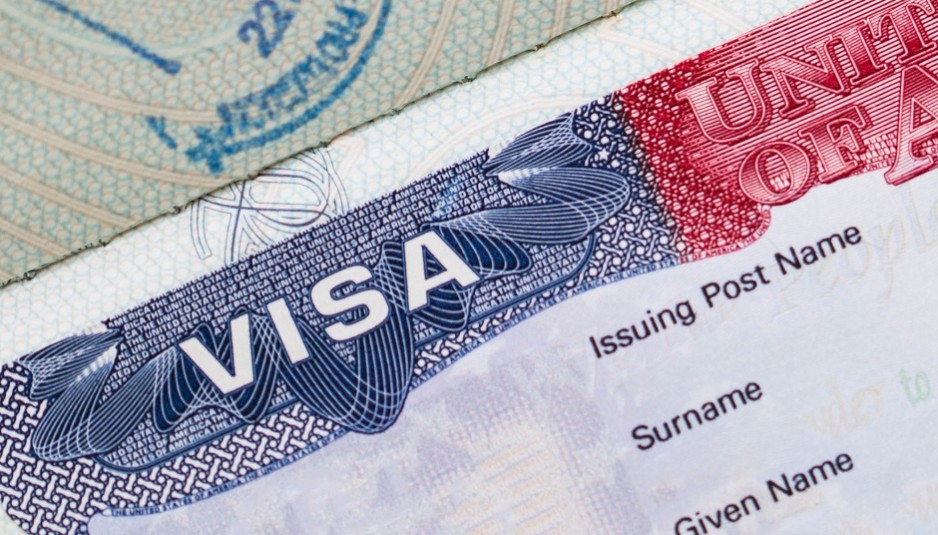
5 things to do after overstaying your US visa
Migration to the US does not totally translate to a long-time staying immunity as it is usually dependent on the number of months or years that your visa carried upon its issuance to you.
Hence, many individuals do not take cognizance of their visas’ possible expiry dates. And when they eventually do be in the know that their visas have expired, they try to evade relevant authorities that come for them, who do not usually have a choice but to deport them to their actual countries.
However, it is advisable that you do not act like these individuals. There are certain steps you can take when your visa expires so as to avoid risk of deportation. Below are some of them:
What to do when you overstay your US visa
1. Beware of your overstay status
More often than not, overstaying in the United States does not totally result in a severe punishment. When your visa expires and you do not have the power to renew or something, be wary of how long you overstay.
For instance, if your overstaying is less than 180 days, you may escape severe punishments if you leave voluntarily. However, you might face riskier measures if you overstay for more than 180 days. These risks include slapping you with a three to six years re-entry ban.
READ ALSO:
- Army uncovers 11 illegal bunkering sites in four states
- Libya nabs three Nigerians over drug trafficking
- EFCC arrests 36 suspected internet fraudsters
2. Consult a legal immigration attorney
By seeking a legal counsel immediately, you can escape trouble in the US when you overstay your visit there. A legal counsel would look into your case, guide you to renewal requirements and eventually represent you in the court if need be.
3. Change your visit status
Another measure you can take when you overstay your visit in the United States is to renew your status of stay immediately. When you are given the opportunity to renew it, you can tender very reasonable reasons as to why you want to stay and renew such as furthering education, seeking medical treatments and others.
If possible, you can try change your status totally such that you would be enabled to stay there permanently.
4. Cooperate with relevant authorities
When you overstay your visit in the United States, and you are being contacted for questions or interrogations, do not hesitate to answer the calls. Try to let your legal counsel come in, apply for the cancellation of removal and stay calm.
5. Apply for protective measures
You can apply for protective stay measures such as applying for asylum because your stay in your home country might be risky for you probably because of war, racism and other issues bordering humanity. You can also explore Temporary Protected Status (TPS) or Deferred Action for Childhood Arrivals (DACA), which would make the American immigration authorities consider some reliefs for you.
5 things to do after overstaying your US visa
-

 Business1 day ago
Business1 day ago5 facts about trending digital trading platform, CBEX
-

 Education3 days ago
Education3 days agoNELFUND: How schools, banks are ripping off students
-
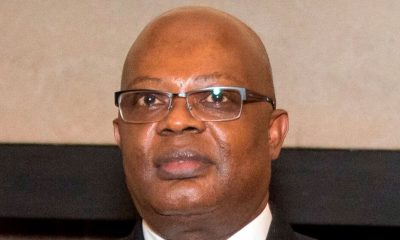
 metro2 days ago
metro2 days agoRivers administrator demands N300m refund from NBA after relocating conference
-
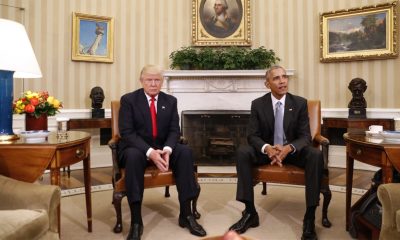
 International2 days ago
International2 days agoObama reacts as Trump freezes $2.3b Harvard University funding
-

 Politics2 days ago
Politics2 days ago2027: PDP governors reject alliance of opposition parties
-

 metro1 day ago
metro1 day agoBREAKING: Court strikes out defection suit against 27 pro-Wike Rivers lawmakers
-

 metro1 day ago
metro1 day agoNatasha’s allegation against Akpabio has contradictions – Agbakoba
-

 Insurance14 hours ago
Insurance14 hours agoLasaco Assurance Plc attains ISO/IEC 27001:2022 Certification for Information Security Management

